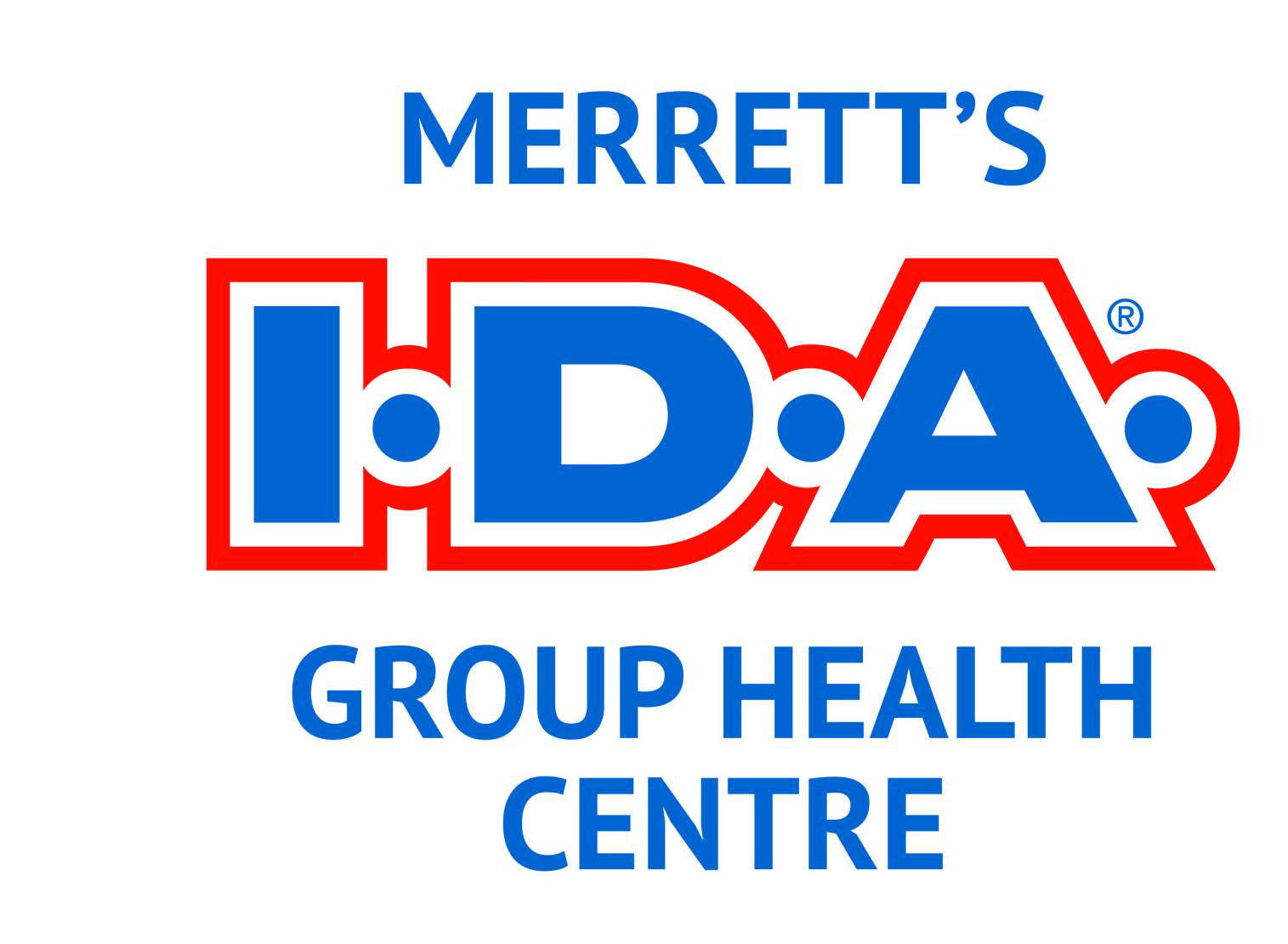Meal Replacements
Choosing The Right Meal Replacement
- Who Should Use Meal Replacements?
For people who are in good health, meal replacements can occasionally be an appealing substitute for a meal or as a snack.
They are also recommended if you have a health problem that makes it more difficult for you to eat or to help speed up recovery. For example, if you…
- have trouble eating properly due to lack of appetite;
- are unable to prepare your meals yourself;
- have trouble swallowing solid foods; or
- need to stick to a liquid diet before or after a medical procedure.
Meal replacements can be used as the sole source of nourishment for a few days. However, for long-term use, it is best to consult a nutritionist, who can draw up an eating plan tailored to your needs.
- Choosing The Right Products
There is a wide range of meal replacements available on the market to fulfill various nutritional needs.
The meal replacements sold in pharmacies contain a balanced quantity of nutrients (carbohydrates, proteins, fats, etc.) as well as vitamins and minerals. The proportions of nutrients vary depending on the desired benefits. Some products may also be enriched to meet specific needs.
While products vary from one manufacturer to another, most brands offer the following:
- A regular (or original) product to be used as a meal replacement or snack by people in good health
- A high-protein product designed to promote muscle health. This type of product is appropriate for people seeking to maintain muscle health and for certain people who are in recovery.
- A high-calorie product that provides a large number of calories in a small volume. This can be an attractive option for people who don’t eat much, who want to gain weight, or who need to follow a restricted diet (in terms of liquid or volume), because of a medical procedure, for example.
- A product high in fibre, to help promote bowel regularity
- A product for diabetics that contains a mix of slow-digesting carbohydrates, to help regulate blood sugar levels
- A product for children that is tailored to their specific needs in terms of calories, carbohydrates, fats, vitamins, and minerals
Many meal replacement products are available in gluten-free or lactose-free versions.
- Not Just Shakes
Meal replacements are sold not just in the form of shakes or powders. They also come in fruit-flavoured drinks as well as bars and puddings.
They tend to be available in various flavours (chocolate, strawberry, vanilla, and others), and are generally sweet-tasting.
- Recommended Shelf Life
Meal replacements can be stored at room temperature until they are consumed.
However, since they contain ingredients that can degrade quickly, they should not be consumed any later than the best-before date on the packaging.
Once the package is opened, any milk-based products, puddings, or powders already mixed with milk generally keep for two hours at room temperature or 24 hours in the fridge. Powders will keep for several weeks. Always follow the instructions on the package.
- A Few Tips
- Unless you are unable, keep eating regular foods. While meal replacements are balanced, they do not provide all the nutrients found in foods in their natural state. What’s more, eating a meal replacement is not as satisfying as eating a real meal.
- Replacements can be mixed with foods to enrich your diet. Consult the websites of meal replacement manufacturers for recipe ideas.
- You may wish to try different products to find which flavours you prefer, and vary the flavours and types (puddings, shakes, drinks, etc.) to mix things up a bit.
If you need to take a meal replacement in preparation for a medical exam, after being hospitalized, or for any other reason, your pharmacist can help you choose the product that’s right for you.
